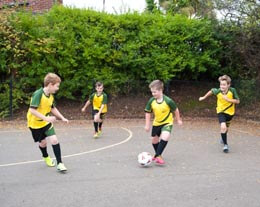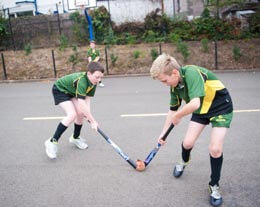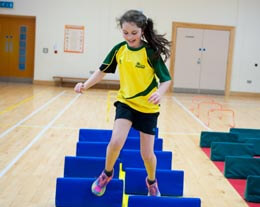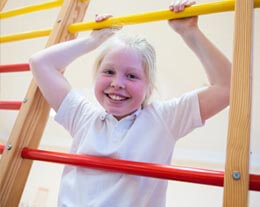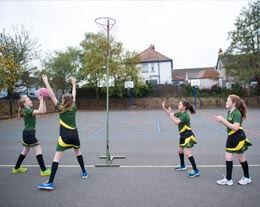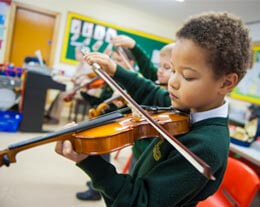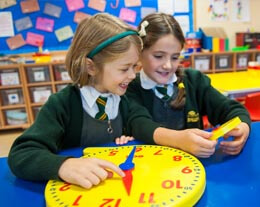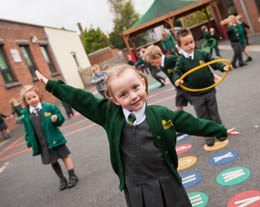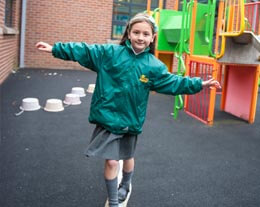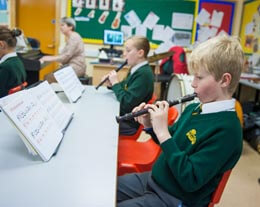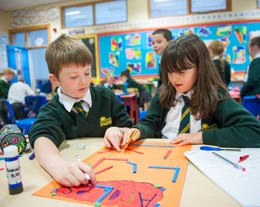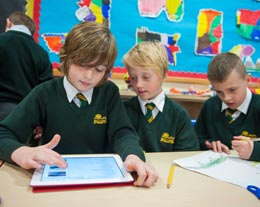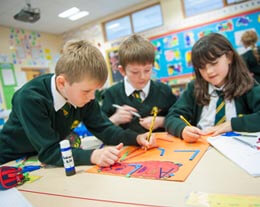E-Safety
Our children are spending more time and more time online and while the internet is a great way for children to learn and keep in touch, we want to be sure they know how to stay safe.
E-Safety is of vital importance in this technological age. Not only are children using ICT in school, but also in their homes. It is our job as parents / carers and educators to ensure that children know how to use the internet confidently, competently but most of all become safe internet users.
Below you will find various resources and websites offering guidance on how to keep children safe online and how to establish positive online behaviour.
How to help at home:
Be aware of your child’s internet use
Talk to your child about what they are doing online and, if possible, set up your computer in a shared area at home or encourage your child to use tablets and smart phones in shared areas, so that you can all share in the wonderful sites that are available online. Know your child’s passcodes and passwords, and set up parental controls on internet routers.
Social Media
Many apps and games allow children to connect with each other, but allow children to connect with strangers too. All social media and messaging apps should be used cautiously and under your guidance. Facebook, WhatsApp, Instagram, Tumblr and Snapchat have a minimum age limit, usually of 13, so our pupils should NOT be using them, as they do not offer the correct levels of protection.
Digital Etiquette
Digital Etiquette is about children knowing how they can behave appropriately online and deal with the unwanted behaviour of others. This includes:
- being courteous;
- being diplomatic;
- showing sensitivity to others (including cultural awareness);
- using acceptable and appropriate language;
- using acceptable and appropriate content; and
- publishing acceptable and appropriate content.”
Department of Education Safer Schools NI App
The Department of Education in Northern Ireland has released the award-winning “Safer Schools” app for free! This is an excellent resource which provides easy access to useful, up-to-date information on E-Safety. There is a version of the app aimed specifically at parents / guardians of primary aged pupils. Click on the link below for further details on content and how to download via either the Google Play Store or iOS.
Explore E-safety sites
There is a wealth of information about E-safety for parents and for children. These are some of the websites that we recommend you view and review regularly as E-safety information and resources are updated frequently.
- https://www.bbc.co.uk/teach/topics/cp440njz78zt
- Know IT All – lots of useful advice for keeping yourselves and your children safe on the Internet.
- Think U Know – containing internet safety advice for those aged from 5 to 16, along with parents and teachers, this site is produced by CEOP (the Child Exploitation and Online Protection Centre).
- A Parents’ Guide to being Share Aware
- http://www.saferinternet.org.uk/
- http://www.safenetwork.org.uk/help_and_advice/pages/safety_online.aspx
Information on Parental Controls
- BT: https://www.youtube.com/watch?v=IjJ1tDhjkBo
- Virgin: https://www.virginmedia.com/shop/broadband/parental-control.html
- How to turn on restrictions:
- on iPhones and iPads – https://support.apple.com/en-gb/HT201304
- on Kindle tablets – https://www.amazon.co.uk/gp/help/customer/display.html?nodeId=201829940
- on Android devices – https://www.wikihow.tech/Set-Up-Parental-Controls-in-Android
- on YouTube – https://support.google.com/youtube/answer/174084
- Advice from Apple about family safety – https://www.apple.com/families/
- Apple guide for using the Screen Time app to monitor usage and set limits – https://support.apple.com/en-gb/HT208982
- Tips for enabling restrictions on other computers and devices – https://www.comparitech.com/blog/vpn-privacy/protecting-childrens-privacy/




